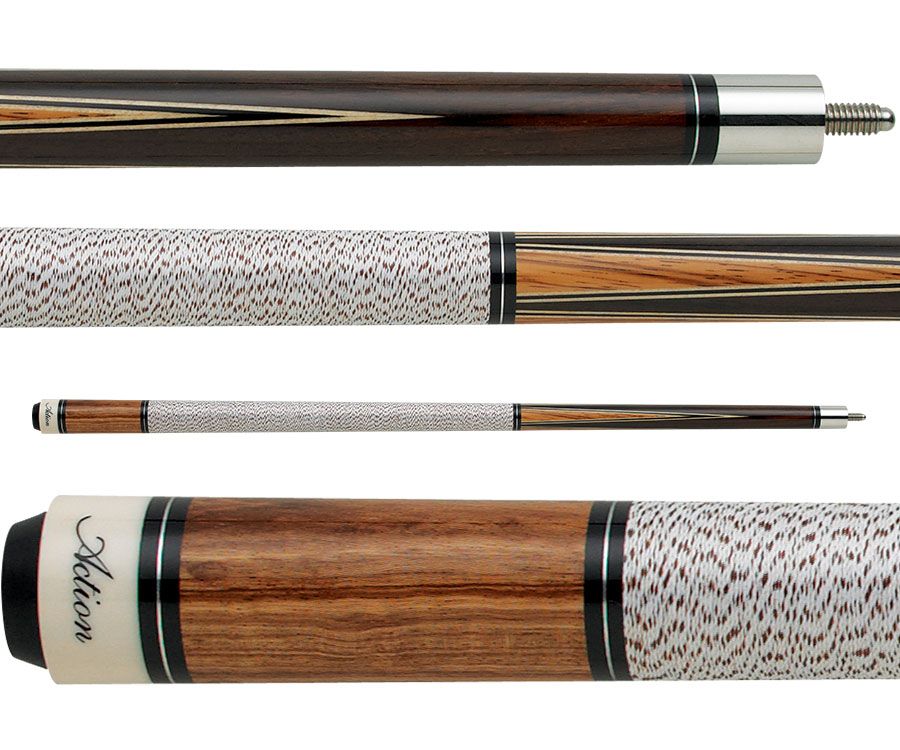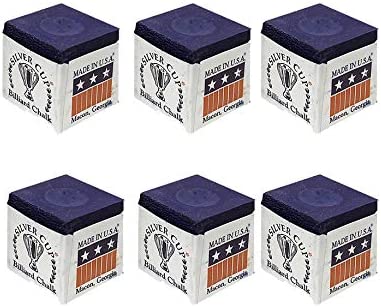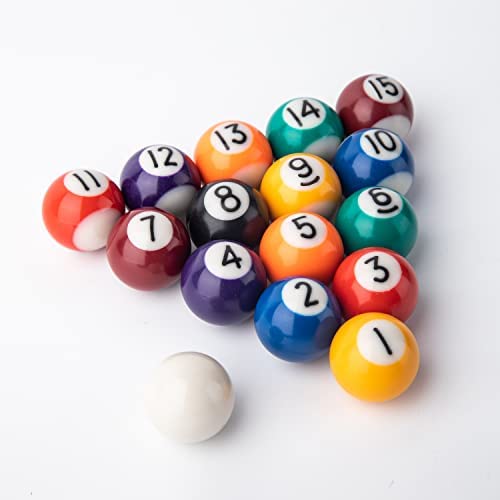
In billiards, pool balls are used. Although made of many different materials they are often made from phenolic. Phenolic resin is a combination of formaldehyde & phenol. These two compounds are well known for their durability as well as scratch resistance. The mixture can withstand high temperatures. The resin will yellow and fade when exposed to sunlight.
The first type of pool balls were made of wood. These balls were very durable but could crack over time. Leo Baekeland, an engineer and chemist created a new type of plastic that was non-flammable in the 19th century. This material was known as bakelite, and soon replaced wood in making pool balls.
Pool balls were a complicated process. It took a long time to develop the balls. To get a better understanding of the inside, one could split a ball in half. The balls had eventually to be molded under extremely high pressures.

After the initial version of bakelite was invented, other inventors began to experiment with chemical compounds to make pool balls. These innovations were pioneering for the industry of synthetic plastics.
Although phenolic resin is an excellent option for pool balls however, its price is much higher than that of its polyester counterpart. If you are not interested in spending a lot of money on pool balls, the polyester alternative is probably the right choice for you. The polyester alternative will not keep its color as long as phenolic.
The process of making a phenolic phenolic resin ball takes around 23 days. Each step is carefully examined to ensure that there are no impurities. Furthermore, phenolic resin balls are more stable than polyester balls and can be kept at lower temperatures. These balls are more durable and can last longer than polyester balls.
Aramith, one of the most important manufacturers of pool balls made of phenolic rubber resin. Their phenolic balls last for 40 years and are very durable. They are also significantly less expensive than the polyester balls. The Aramith Premier is a high-quality resin technology set that will appeal to those who are looking to upgrade to higher-quality balls.

Another pool ball manufacturer is Iszy, which uses a combination of both phenolic and polyester resin. These pool balls cost less than phenolic ones, but don't retain their shine as well. Polyester balls can also fade faster and leave burn marks on the table. They are still an excellent option for beginners.
Predator Arcos is another manufacturer that uses a proprietary chemical to make phenolic resin balls. These balls can also be through-hardened which makes them more dense. For those who want to spend less, they can choose the Iszy marble swirl set.
Many companies have attempted to duplicate the ivory billiard ball experience. Unfortunately, ivory is no longer readily available. Modern pool balls are made from a combination of formaldehyde and phenolic resin. The market currently has 85% phenolic pool balls.